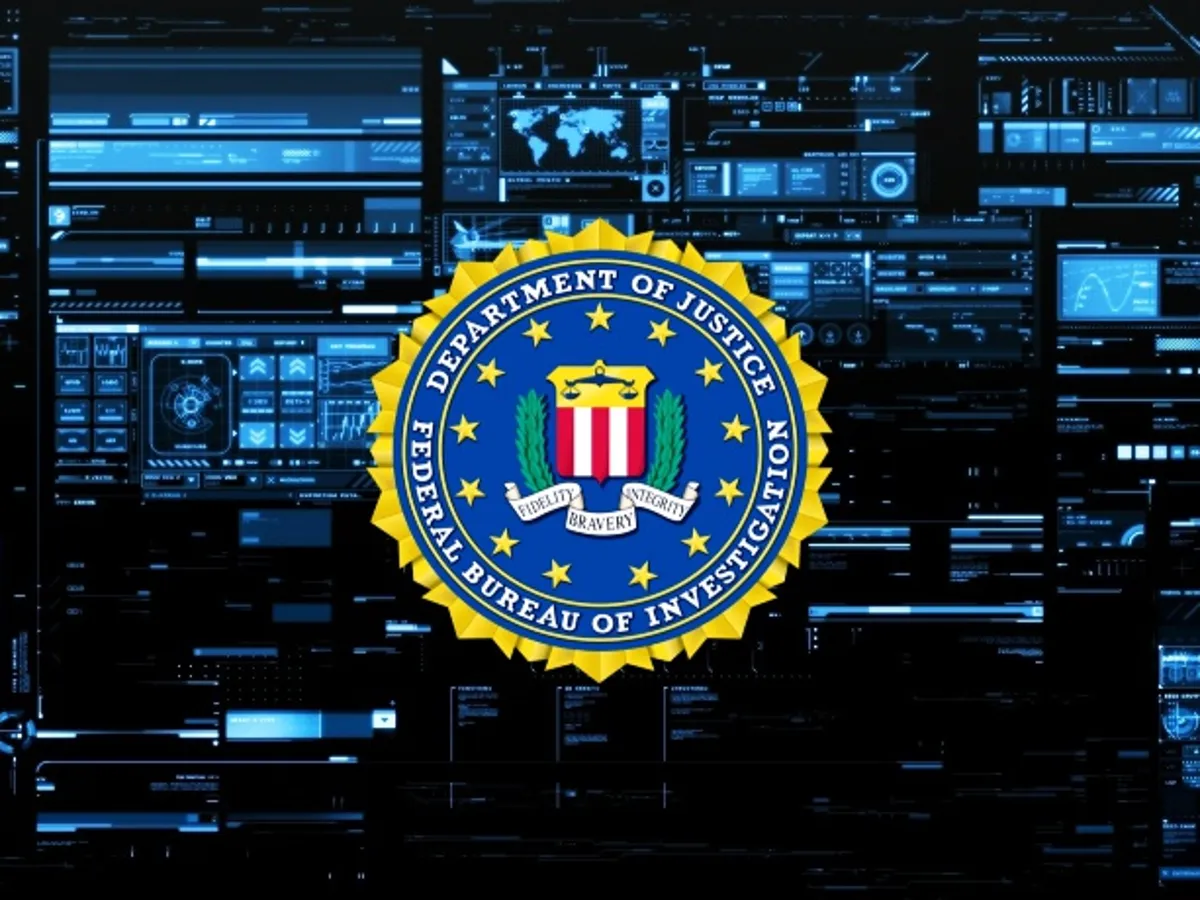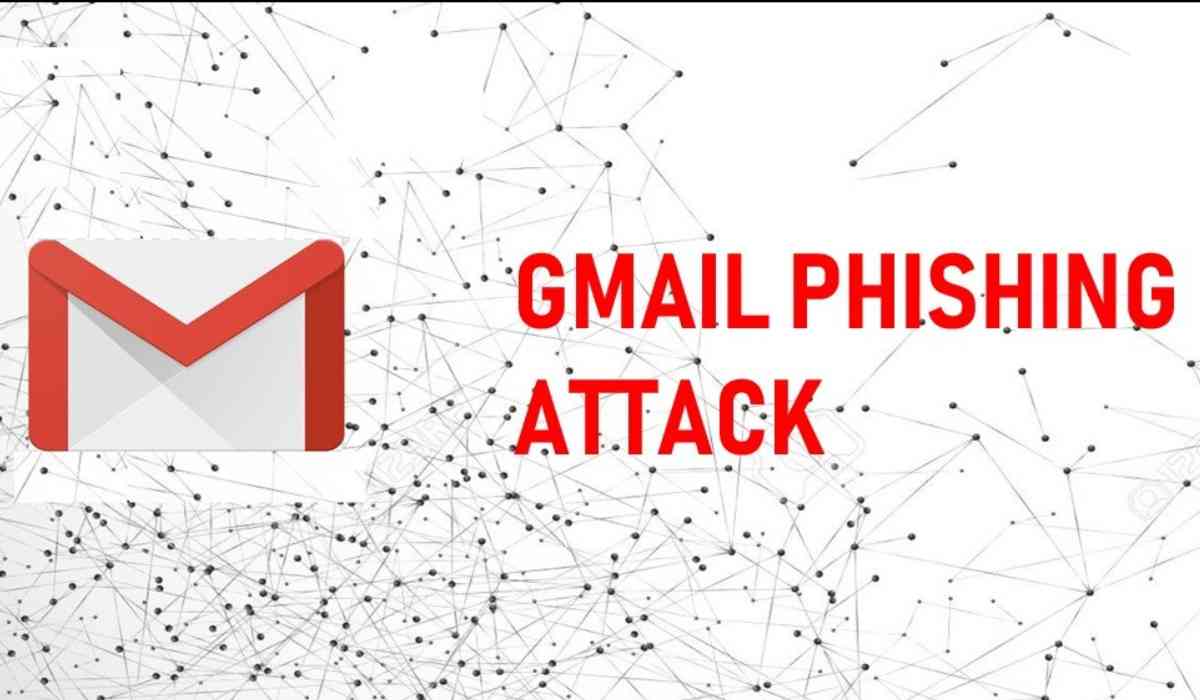As artificial intelligence (AI) continues to evolve, cybercriminals are leveraging its capabilities to launch increasingly sophisticated phishing attacks. The Federal Bureau of Investigation (FBI) has issued a strong warning to Gmail users, urging them to stay vigilant against AI-driven phishing scams. These attacks aim to compromise Google accounts, bank accounts, cryptocurrency wallets, and more.

Rising Threat: AI-Powered Gmail Phishing Attacks
Gmail, being the world's most widely used email service, has become a prime target for cybercriminals. According to the FBI and cybersecurity firm Hoxhunt, phishing attacks that evade security filters have surged by 49% since 2022, with AI-generated threats now making up 4.7% of total phishing attempts.
Cybersecurity company VIPRE reports that 70% of these phishing scams rely on malicious links to deceive users into revealing sensitive information. The latest wave of attacks showcases unprecedented sophistication, employing AI to impersonate real individuals and manipulate targets into divulging their credentials.

How AI-Powered Phishing Scams Work
The recent phishing scams targeting Gmail users involve a combination of phone calls and emails designed to exploit trust and urgency. Here’s how they typically unfold:
-
Fake Customer Support Call
-
The target receives an unsolicited call from someone claiming to represent Google.
-
The caller warns the target that their account may have been accessed overseas.
-
A spoofed caller ID makes it appear as though the call is genuinely from Google.
-
-
Deceptive Follow-Up Email
-
Soon after the call, the target receives an email that appears to be from Google.
-
The email urges the recipient to use a recovery code to regain control of their account.
-
If the target follows these instructions, they may inadvertently grant access to their account.
-
-
Broader Impact
-
These scams are not limited to Gmail accounts.
-
Cybercriminals use similar techniques to gain access to bank accounts, cryptocurrency wallets, and other sensitive platforms.
-

FBI’s Guidelines to Protect Against Gmail Phishing Scams
To stay ahead of these evolving threats, the FBI and cybersecurity experts recommend the following precautions:
1. Avoid Unsolicited Contact
-
Legitimate companies, including Google, will not initiate unsolicited contact for security or technical support.
-
If you receive a call claiming to be from Google, hang up immediately and contact Google support using the official website.
2. Verify Before Clicking Any Link
-
Do not click on links in unsolicited emails or text messages.
-
Instead, manually visit the company’s official website and verify any alerts or issues with your account.
3. Scrutinize Email Details
-
Examine the email address, URL, and spelling in messages, as scammers often use subtle variations.
-
Be wary of emails that create a sense of urgency, such as immediate security threats.
4. Never Share Personal Information Over the Phone
-
Avoid sharing sensitive data like usernames, passwords, or verification codes over the phone.
-
If you suspect an issue, independently verify the situation by calling the company’s official customer support number.
5. Enable Advanced Security Features
-
Activate Two-Factor Authentication (2FA) to add an extra layer of security.
-
Use passkeys or smart keys for additional protection against unauthorized logins.
-
Regularly update your recovery email and phone number.
6. Be Cautious with Social Media Sharing
-
Hackers use personal details (pet’s name, school, birthday, etc.) to craft more convincing phishing scams.
-
Limit the amount of personal information shared on social media.
Final Thoughts
With AI-driven phishing scams becoming more sophisticated, Gmail users must take proactive steps to protect their accounts. By recognizing the signs of phishing attempts and implementing strong security measures, individuals can prevent cybercriminals from gaining unauthorized access to their data.
The FBI's warning serves as a critical reminder: Do not click suspicious links, never share sensitive information over the phone, and always verify unsolicited communications through official channels.
By staying informed and vigilant, users can safeguard their accounts and personal information against evolving cyber threats.
With inputs from agencies
Image Source: Multiple agencies
© Copyright 2024. All Rights Reserved Powered by Vygr Media.





















